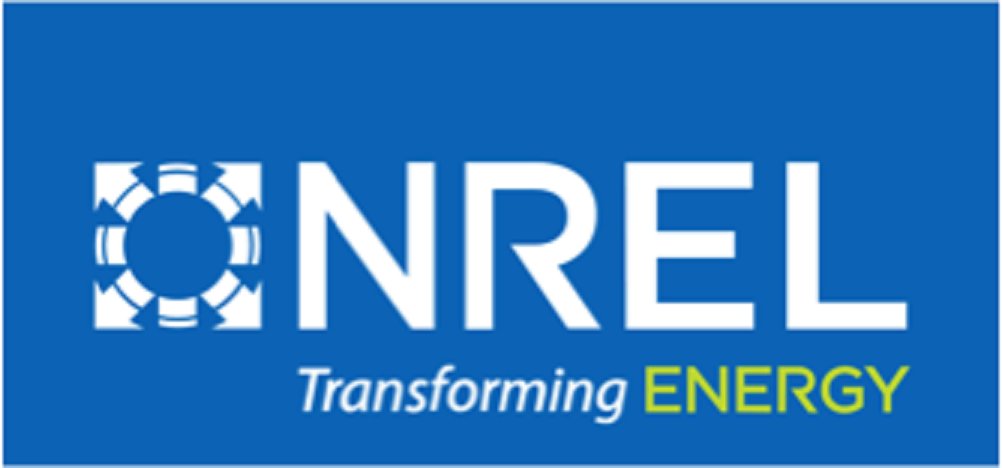NREL: NREL Software Automates Residential Solar Permitting, Replacing Painstaking Process for Local Governments
In late 2020, the National Renewable Energy Laboratory (NREL) released a no-cost, no-touch software system for cities and counties across the country to streamline rooftop solar permits, called SolarAPP (Solar Automated Permit Processing). SolarAPP automates what can be a time-consuming and tedious review process for local governments, which commonly delays solar development on the grid.
Using SolarAPP, three cities and counties have collectively processed 32 solar projects to date. The free software has relieved cities and counties such as Tucson and Pima County, Arizona, and Pleasant Hill, California, of onerous administrative burdens by instantly calculating whether a proposed residential solar system is compliant with a suite of safety and code standards.
Faster permit processing from SolarAPP produces several benefits for local governments and their communities. Besides gaining efficiency, local governments can count on SolarAPP to increase permitting fee revenue, enhance local resilience, establish safe solar-grid connections, and accelerate job growth in solar energy. In 2016, the city of San Jose, California, switched to online permitting and increased approved permits by 600%.
“Many permitting officials are receiving 100 or more solar permit applications every week, with 45–90-minute review times per project. Automated review through SolarAPP can be a lifeline to overwhelmed staff,” said Jeff Cook, SolarAPP’s lead developer at NREL. “The software is all the more transformational because it is available at no cost. Jurisdictions can adopt and automate as much as 90% of the solar permit applications they receive with a co-benefit of installing more solar locally.”
SolarAPP lowers administrative burdens and costs to communities by performing instant review of eligible residential solar applications. Automating building-code-compliance review could allow solar developers to quickly schedule installations for customers, which is expected to significantly accelerate solar energy adoption. The U.S. Department of Energy provided funding for SolarAPP, and an extensive coalition of solar and building safety stakeholders helped develop it.
“As a Solar America City, Tucson looks for ways to support the solar industry,” said Scott Clark, director for the City of Tucson Planning and Development Services. “SolarAPP provides a further incentive to using solar power by making permitting easy.”
SolarAPP is ideal for permitting in the present era of uncertainty and remote working: Installers can receive instant feedback and corrections online from the system without using the local permitting department as a quality-assurance resource.
“I was eager to work with NREL to find this new approach to handle solar permits,” said Geoff Simmons, chief building official for the city of Pleasant Hill, California. “There has been such a good collaboration to create a different way to review these residential projects in a way that is outside the traditional plan review box but still covers the technical aspects. We’re now able to move qualifying solar permits directly to field inspections, which is giving our staff much needed time to work on other, more complex projects.”
Pima County and the city of Tucson’s Development Services jointly piloted SolarAPP to streamline their pipeline of nearly 3,600 solar permits each year. “Offering our solar customers a way to self-permit expedites the process,” said Carla Blackwell, director of Pima County Development Services.
SolarAPP is beneficial for both compliant and non-compliant solar project designs. If a system is compliant, SolarAPP will approve the design and issue a permit instantly. If a system is not compliant, SolarAPP will decline the application and clarify why the system was not code-compliant, allowing the contractor to go back and revise their application in real time. SolarAPP’s automated review will eliminate the tedious task of application checks, allowing building department staff to reduce permit backlogs and devote their time to more complex projects.
SolarAPP is compatible with local government permitting software, including Accela and OpenGov, which serve thousands of local governments across the United States. These partnerships will combine each vendor’s platform for automating government workflows with the SolarAPP engine for screening permits, allowing seamless SolarAPP adoption for local governments that use these platforms.
NREL and its coalition partners are in the process of expanding SolarAPP’s capabilities to also address residential energy storage permitting. NREL expects to launch this feature in the spring of 2021.
Other communities across Arizona, California, Colorado, Maryland, and Massachusetts are in the process of adopting SolarAPP. To start using SolarAPP to process rooftop solar permits in your community, sign-up here and register here to receive future updates on the product.

